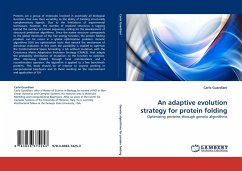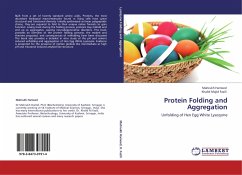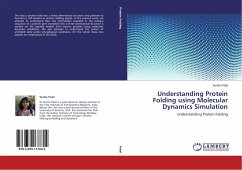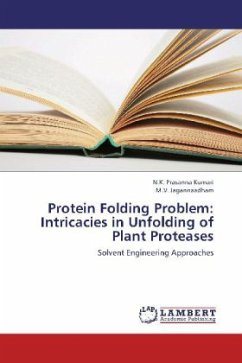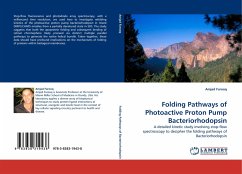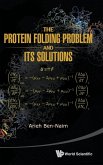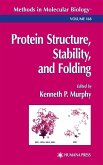Proteins are a group of molecules involved in practically all biological functions that owe their versatility to the ability of binding structurally complementary ligands. Due to the limitations of experimental techniques, however, the number of resolved structures is lagging behind the number of known sequences, calling for the development of structural prediction algorithms. Since the native structure corresponds to the global minimum of the free energy function, the protein folding problem can be recast in a global optimization problem. Genetic algorithms (GA) are optimization tools that mimick the mechanism of darwinian evolution. In this work the possibility is studied to optimize the Conformational Space Annealing, a GA without mutation, with the Covariance Matrix Adaptation Evolution Strategy (CMAES), that adapts the probability distribution of mutations to the function to optimize. After improving CMAES through local minimizations and a recombination operator, the algorithm is applied to a few benchmark proteins. This book should be of interest to anyone working in computational biophysics and to those working on the improvement and application of GA.
Bitte wählen Sie Ihr Anliegen aus.
Rechnungen
Retourenschein anfordern
Bestellstatus
Storno

